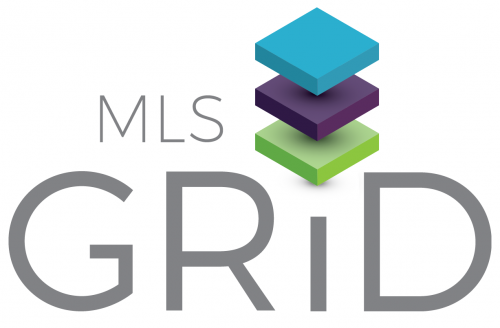 If you’re a first-time buyer, odds are you’ve never seen or heard much about mortgage applications. However, for something as important as buying a home, it pays off to go into the process knowing what to expect.
If you’re a first-time buyer, odds are you’ve never seen or heard much about mortgage applications. However, for something as important as buying a home, it pays off to go into the process knowing what to expect.
Mortgage applications aren’t all that complicated in and of themselves. Most of the time, your chosen lender will walk you through the process and answer any questions that arise. However, complications do arise when it comes time to provide documentation on things like your income.
To make things easier for your first application, I’ve put together this list of frequently asked questions that first-time buyers often have about their mortgage application process.
Will applying for a mortgage hurt my credit score?
Mortgage lenders will run a credit inquiry to help determine your lending eligibility. There are two types of credit inquiries: hard and soft. A soft inquiry is a quick credit check that doesn’t affect your credit score. A hard inquiry, on the other hand, does. This means your score will be lowered slightly for a few months and then will bounce back.
Mortgage lenders run both types of inquiries. For quick, pre-qualifications, lenders typically run a soft inquiry. Then, as you progress through the approval process, they’re run a detailed credit report (hard inquiry).
What information should I have available?
Lenders will ask you for various documents. The most common things they will ask for include proof of income in the form of W-2 forms from the previous year and your most recent pay stub. They will also require a record of your other debts, including student loans, auto loans, credit card debt, and any other outstanding debt that you owe. Finally, they will ask for an inventory of your assets. This could include investments, properties, auto titles, and more.
What if I don’t work a conventional job?
People who are self-employed or have unconventional income can still qualify for a loan and will still be required to show proof of income. Lenders may ask for Form 1099 records, tax returns, or any other record or proof of income you have available.
How long does it take to complete an application?
Mortgage applications can be completed as quickly as you gather the required documentation. However, there’s more to getting approved for a mortgage than filling out an application. There will be time needed to process the application, and underwrite your mortgage. This entire process typically takes between 30 and 45 days.
Is it safe to apply for a mortgage online?
Most lenders allow you to start the application process online and their online portals are typically secure. Make sure you check your browser window to ensure that the connection to the site is secured, and you should have nothing to worry about.
Keep in mind that most online applications are designed to get you prequalified and on your way to getting a mortgage. So, if you want to avoid getting calls from the lender, you might not want to enter any data until you know you’re interested in borrowing at this time.
About the Author

Glen Stanley Jr.
As an experienced real estate agent, I am qualified to guide you in buying or selling a home. This process is one of the most significant transactions in a person's life. It is vital that your agent is sincere and straightforward.

